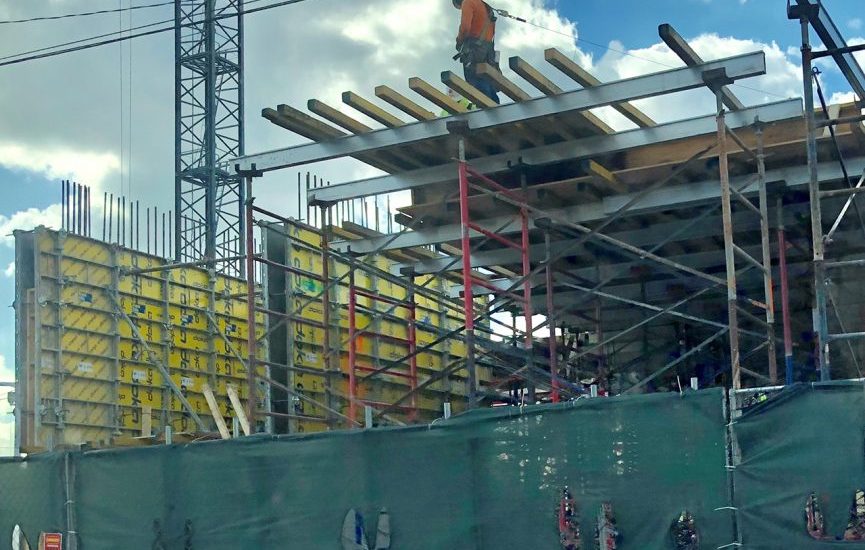- May 8, 2019
- Posted by: admin
- Category: Contractor Legal Information, Florida Contractor License

The following article was written by Miami Construction Lawyer Alex Barthet and appeared first on TheLienZone. It was re-posted with permission. For more information about Alex and his firm, please visit www.TheLienZone.com and www.Barthet.com.
See below for some great information we found on a dealing with a mistake in the workplace. Do not hesitate to call us here at Licenses, Etc.! If we don’t have the information, we can find it for you!
You receive a message. Something is wrong with your work. What do you do? Do you ignore the request and risk liability, or do you fix the problem but risk destroying evidence – also known as “spoliation.” If litigation develops down the road, contractors that destroy evidence, even unwittingly or with the best of intentions, can wind up paying damages as assessed by a court.
Unfortunately, there is no easy way to balance the immediate need to repair against the equally important need to protect evidence. Construction mistakes create a host of complications. Despite a compelling need to preserve evidence of fault, ignoring a construction mistake in your work can tempt disaster. Oversights that compromise a building’s structural integrity can cause injuries and property loss. Errors also result in delays that tend to roll downhill, throwing subcontractors and material suppliers off schedule, jeopardizing the entire project. In many cases, it’s also impossible to track down the exact party responsible for the mistake, and equally problematic, the subcontractor at fault may not be trustworthy or skilled enough to remedy the problem.
Spoliation issues can arise even when contractors make good faith repairs. When evidence is destroyed, courts consider a number of factors to determine whether a contractor should be penalized for making a repair. They look at the following:
Intent: The court’s primary concern is generally the contractor’s intent. The court considers whether the contractor acted specifically to destroy evidence, or whether the spoliation was necessary to prevent harm and address safety concerns on the job site.
Notice: Contractors who take the time to properly notify owners, potentially responsible parties, and other involved persons before acting generally fare better than those who don’t.
Effect: Courts try to determine just how much the spoliation may have hurt the case. If other evidence exists that provides insight regarding the mistake, this lessens the effect of the spoliation.
Because fixing construction mistakes can be risky, here’s what you need to do to protect yourself.
- When a mistake is discovered, gather information about the parties who may have caused the problem.
- Prior to repair, immediately notify all subcontractors and suppliers who might be responsible. Each should have an opportunity to inspect the mistake and assemble evidence, such as reports and photographs.
- Contractors well-versed in litigation generally obtain an expert opinion regarding the alleged mistake.
- When it’s time to make repairs, notify all the parties involved and do so by return receipt so you can show that you provided notice. Include the name, address and contact number for the contractor making the repair, the date the work is scheduled to commence and document the repair, photograph if possible.
- Have potentially responsible parties participate in overseeing the repair.
Your goal should be to minimize the loss of evidence while also minimizing your exposure.
At Licenses, Etc., we offer a fast and easy contractor license application process for our contractor clients in Florida and other states. We are a Florida contractor licensing company. Contact us at Licenses, Etc., to get your Florida contractor’s license today by clicking Florida contractor’s license page or calling 239-777-1028.
Leave a Reply
You must be logged in to post a comment.
